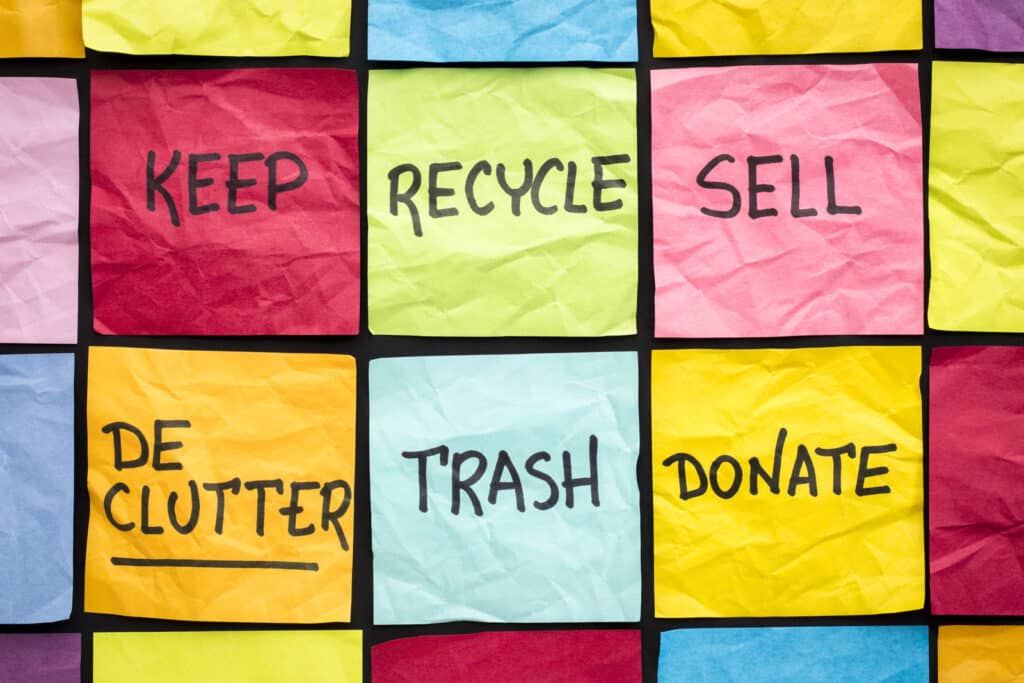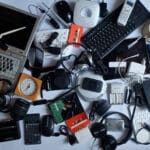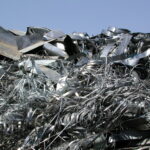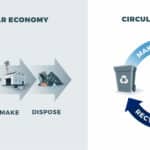REUSE IS THE BEST FORM OF RECYCLING.
At its heart, recycling is about reducing waste. Metal, paper, cardboard, glass and plastic go to waste when they end their life cycles in a landfill. Recycling these materials uses less energy than producing them brand new, and the manufacturing supply chain relies on a consistent supply of scrap and recycled material to make a wide range of products.
But reusing material for manufacturing is just one way to get the most value out of everyday items. By keeping things in use longer — even for something other than their original purpose – using them becomes less wasteful.
Decluttering and clearing out junk is also about reducing waste – in this case, wasted space occupied by things you don’t need or may never use again. While it’s tempting to just put everything out on the curb to be taken away, you’re bound to overlook some opportunities to keep your stuff from going to waste if you do so.
Instead, the question at the front of your mind while you go about your spring cleaning is, “How much life does this have left?” The answer lies in the many ways your things can be reused:
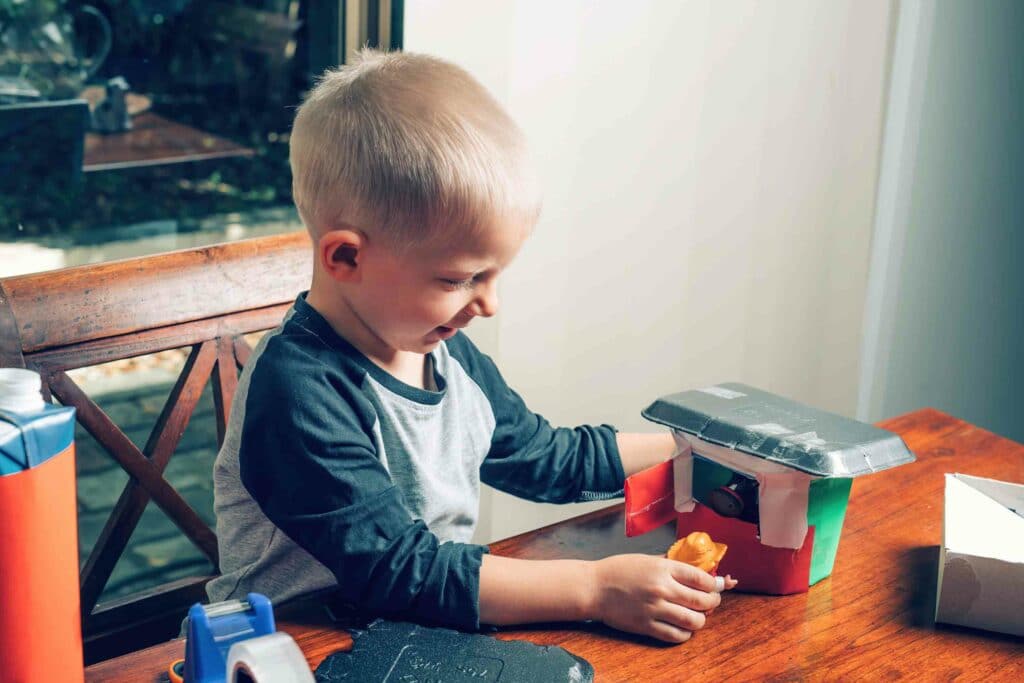
UPCYCLING (REPURPOSING)
When is a door not a door? When it’s been transformed into a dining room table, or a clock, or a bookcase. Upcycling is a relatively new name for using something, or its parts, to make something else unrelated to its original purpose. A favorite technique of thrifty do-it-yourselfers and artists, upcycling is a good option for things that you may not feel comfortable donating or selling (for instance, they are broken, damaged, or missing pieces). It can even become a fun hobby for those who like taking things apart. There are also all kinds of upcycling crafts you can do with your kids.
Look for: things with fabric, buttons, knobs, hooks, hinges, latches; loose parts and leftovers from past projects; chipped or broken dishes; surfaces that are easily painted or stained; things you have more than one of. Be creative!
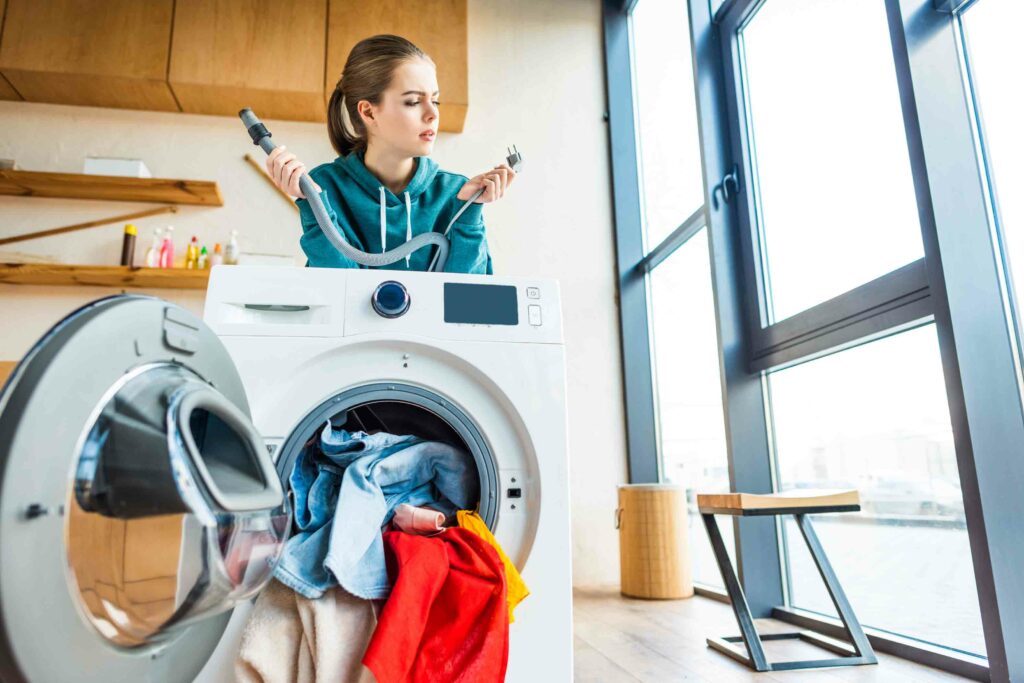
REPAIR, RESTORE, OR REFURBISH
Unless it’s a big-ticket item like a car, an appliance, or a computer that you rely on every day, “repair” is probably not the first thing that comes to mind when something you use stops working or breaks. Products that are designed for low cost mass manufacturing typically have a shorter useable lifespan, with the idea that they can be easily replaced. In some industries, companies plan for their products to become obsolete or unusable after a certain amount of time – just enough to get the next upgrade ready.
Of course, just like with a car or washing machine, you also have to weigh the value of what a repair is worth to you. Learning to fix it yourself or going through a professional both come at a cost. But it would still be worth doing a search in your area to see if there are businesses that refurbish, restore, and/or resell out-of-order items. You never know – a $5 part and a little elbow grease may be all it takes to stay out of the landfill.
Look for: Electronics, small or large appliances; children’s toys; furniture; musical instruments; lighting fixtures; damaged clothes and shoes.
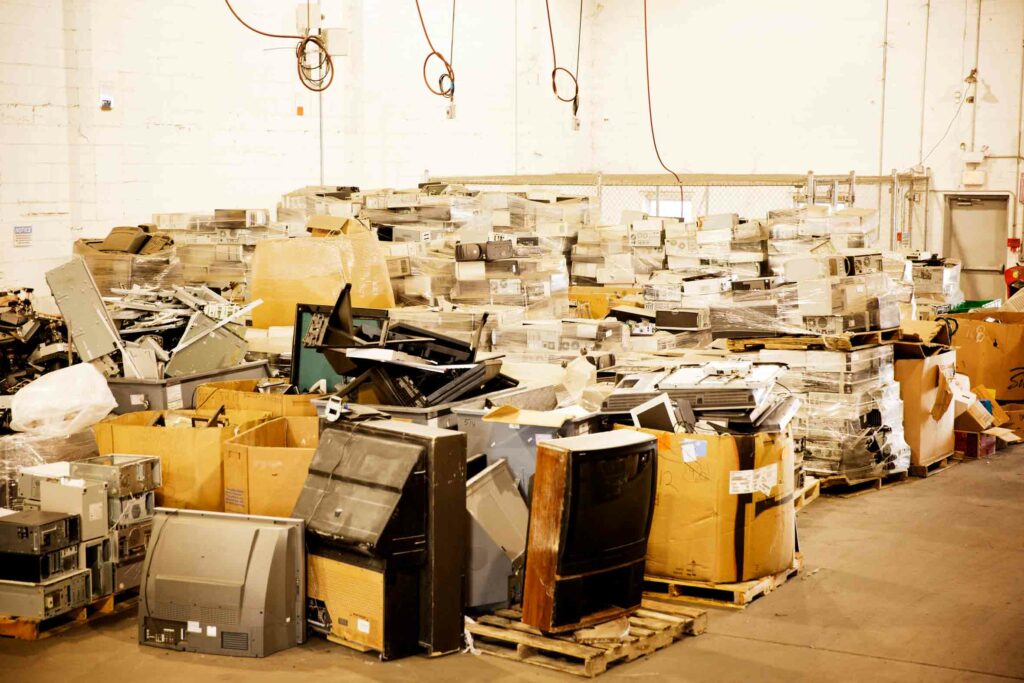
RECYCLE
Hopefully, you don’t wait for spring cleaning to recycle your cans, bottles, jugs, jars, and paper products. But there are all kinds of things you can recycle that don’t belong (and might not even fit!) in the recycling bin. And for things that are truly at the end of their useful life, or that can’t be handled through any of the above, recycling is still the most sustainable option.
Besides metal, one of the most common household items we recycle at Cohen are electronics: computers, laptops, gaming systems, phones and tablets, stereos, hard drives, and practically anything else you can think of that takes batteries or plugs into the wall. (That also includes many of the accessories that come with these devices, like chargers, cables, and docking stations.)
We operate an R2-certified electronics recycling division in Middletown, Ohio that performs guaranteed data destruction on any devices that come through our doors, protecting your privacy and the planet. E-waste is the leading global waste stream and only likely to continue growing as we rely more and more on “smart” devices to power our lives, and a lot of natural resources and energy go into producing them. But many parts of those devices are recyclable and can be used to create new products.
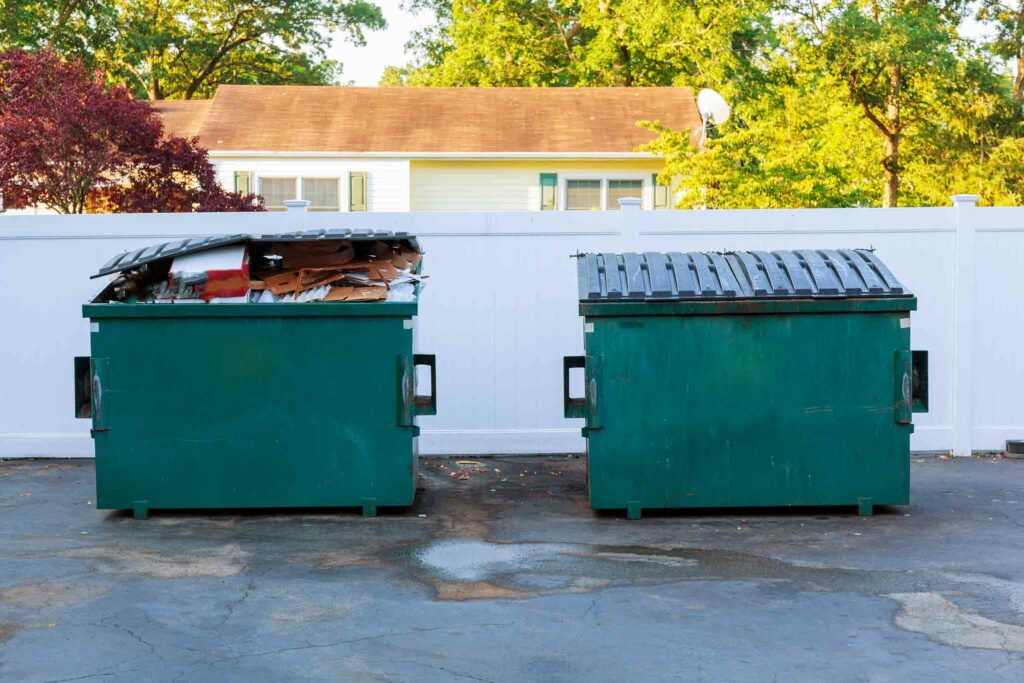
TRASH
Barring an extreme zero-waste lifestyle, it’s inevitable that you will still end your spring cleaning spree with a lot of stuff that really is at the end of its life, or for which there are few if any sustainable options. There’s no need to feel bad about what you do have to throw away. Waste is just part of life, after all, and it doesn’t need to be a source of fear or shame, so long as we all do our part to monitor it. The idea behind sustainably-driven spring cleaning is to reduce waste by taking the time to separate the things that are still useful from the things that aren’t. If you’ve done that, you can already be proud.

